

Essays
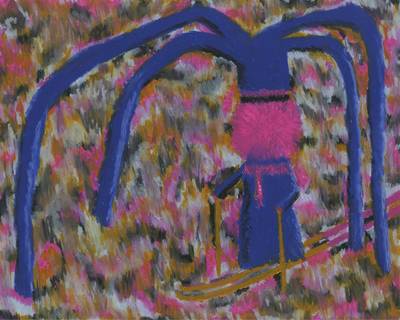

Cultural appropriation is not a new phenomenon in the Sámi context. Sámi handicrafts, duodji, have been and are still the subject of cultural appropriation. One of the central issues of cultural appropriation is that it gives the power to determine and decide on cultural objects to an actor outside the community, which weakens the self-determination of the community to manage the design themselves.
READColonial Continuity in Finland: Cultural Appropriation of Sámi Design
On the exploitation of Sámi design in Finland and how it reflects colonial continuity and power relations.
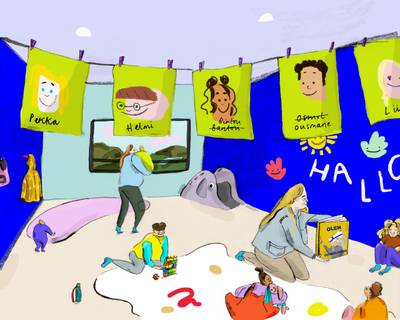

Educational institutions, just like all other institutions, can be considered microcosms of society, where prevailing attitudes and values manifest. Consequently, as racism permeates Finnish society, it also seeps into Finnish daycares.
READMicroaggressions & Everyday Racism in Finland’s Daycare System
Finland is often celebrated for its world-renowned daycare system and commitment to social equality. However, beneath the surface, many non-white families face a disquieting reality: a barrage of microaggressions and everyday racism that challenges the nation’s ideals of equity.
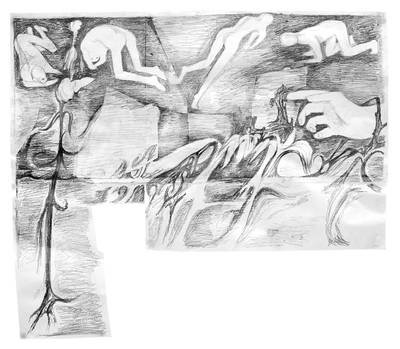

Is it problematic to mix friendships and professional connections, emphasising the benefits of helping friends since they will eventually feel obliged to help in return? How did such a neoliberal manipulative trick that openly instrumentalizes intimacy become acceptable? Is “friendly, warm hearted” corruption and favouritism legitimised? Am I abusing my position of power by preferring to work with friends? How does the professional environment change if a friendship ends abruptly and unpleasantly?
READAgainst Friendship: On the Dark Side of Professional Intimacies
Is it problematic to mix friendships and professional connections, emphasising the benefits of helping friends since they will eventually feel obliged to help in return? How did such a neoliberal manipulative trick that openly instrumentalizes intimacy become acceptable? Is “friendly, warm hearted” corruption and favouritism legitimised? Am I abusing my position of power by preferring to work with friends? How does the professional environment change if a friendship ends abruptly and unpleasantly?
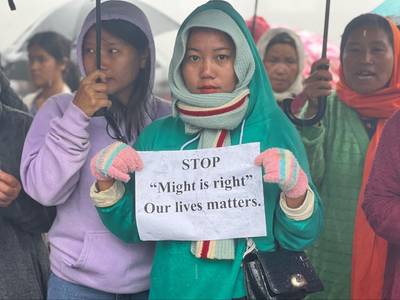

I’ve been reporting from Manipur since June 2023. From the very beginning, I could understand that though women were contributing as much as men in facing the brunt of the war, their roles never received enough acknowledgment nor were their views taken into account while making important decisions. As an outsider, I could see that women leaders had a much more pragmatic method and manner of dealing with most situations, yet they found no place on the leadership table. This, I was made to understand, stems from a society that is founded on a patriarchal structure, yet a visible reluctance of present-day male-dominated organizations to relinquish space to women during a crucial time as this continues.
READWhat it means to survive a war, with dignity
Women leaders of the Kuki-Zo community reflect on the hardships of a state supported war, and how they are rebuilding lives while negotiating denial of agency and leadership.
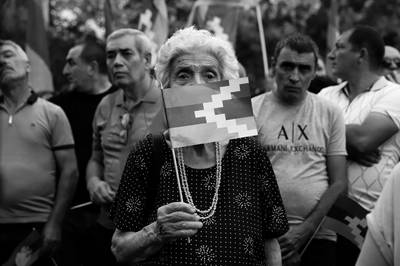

While azerbaijan was bombing Armenians with israeli and turkish UAVs and paying bonuses to turkish-backed Syrian mercenaries for beheading Armenians, the “international community,” whatever that’s supposed to mean at this point, expressed lousy words of “concern,” and displayed a nauseous stance of both-sideism, devoid of any tangible action. The existence of this unrecognised republic and its indigenous population wasn’t legitimate enough for world powers to lift a finger.
READViolent Septembers: An Armenian Perspective Amid the Ongoing Occupation
In the shadow of a devastating ethnic cleansing campaign by azerbaijan1, this essay paints a narrative of Armenians grappling with cultural erasure and ongoing threats.
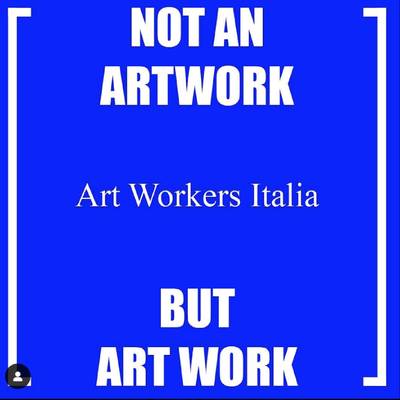

This gives a more exhaustive picture of the Italian context; indeed, if, on the one hand, there is a total lack of rules and government measures to protect cultural work, on the other, many art workers themselves do not have the critical thinking attitude to analyze their own conditions and to claim their rights. The rise of neoliberal logic does not help this lack of political awareness, inasmuch as it fosters competition rather than solidarity and makes people more isolated and vulnerable.
READNo Country for Art Workers
On political imagination and activism as care, according to AWI – Art Workers Italia. How to hack the precariat-based neoliberal system and its ideology of individualisation by embracing an intersectional approach to civil rights and precarious lives.
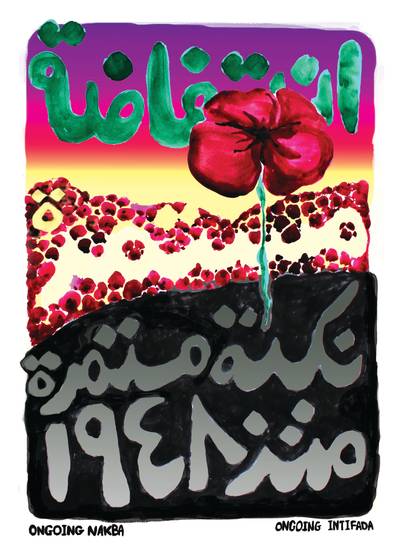

I am terrified, devastated, and drained. Every massacre makes me believe that this world does not deserve our dreams. Israel kills us in full view of the world, yet no one is doing anything to stop this genocide. The West’s presidents supported Israel and funded them to kill us. This war was not going to continue without the West and Arab leader’s consent.
READWhere Should We Go? No Place Is Safe in Gaza
Noura Selmi, a writer and translator from Gaza, has written us an account of her experience living in the south of Gaza amid Israel’s unfolding genocide of Palestinians.
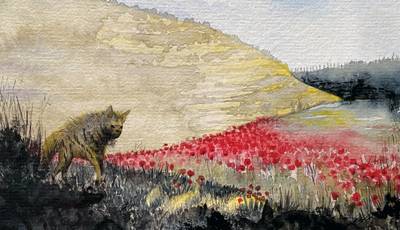

Where the striped hyenas are is not only a place in the imagination or in the past. Where the striped hyenas are is also a possibility for what the future could bring. It’s where they lie, waiting for their turn to return from their exile. Where the hyenas are is also where the ghouls and the djinn are, behind seven mountains, dreaming and chasing their world into being again.
READWhere the Striped Hyenas Are, or, A Tale Is a Map and a Compass: Some Fragments on the Fantastical, Land and Remembrance
Shayma Nader on how can the fantastical embody the political; what if all fantastical creatures were to rise up against the dispossessions and alienations from the lands that sustain them, to which they belong?


Formal modes of engineering the well-being of the population are oppressive and exclusionary. Activists, scholars and citizens of the world have to find compassionate and strategic ways to enact their power of adaptability. Memes allow us to challenge conventional and restrictive forms of education, policy and collective action, fostering effective solutions for a broken system. Memes, as the new toolkit adopted by Internet users of India, has the potential to nurture democracy and pluralism, with the hope to preserve freedom of speech, freedom of expression, and freedom to resist.
READPOOJA, What Is This Behaviour?: Memes as Political Participation & Toolkit of Digital Resistance in India
Abhinit Khanna discusses meme culture, misinformation, trolling, and data-muddying in times of pandemic and war using the visual language of digital artworks.
